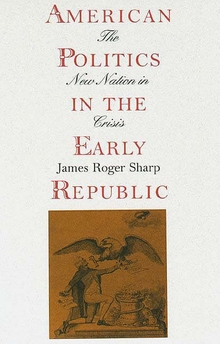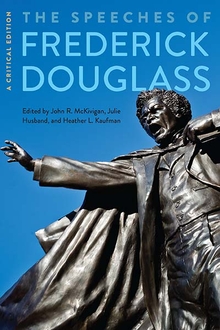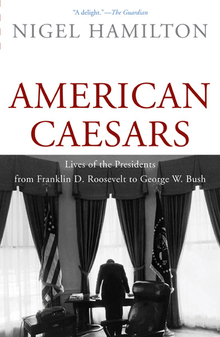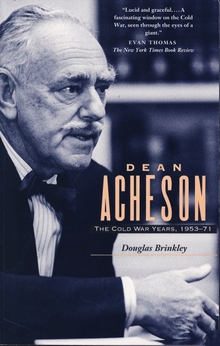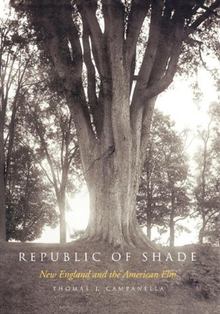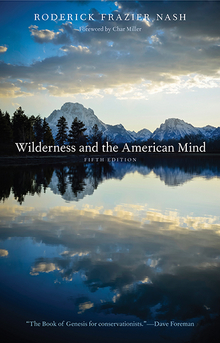American Politics in the Early Republic
WARNING
You are viewing an older version of the Yalebooks website. Please visit out new website with more updated information and a better user experience: https://www.yalebooks.com
The New Nation in Crisis
James Roger Sharp
In this engagingly written book, James Roger Sharp offers a penetrating new assessment disputing the conventional wisdom that the birth of the country was a relatively painless and unexceptional one. Instead, he tells the dramatic story of how the euphoria surrounding the inauguration of George Washington as the country's first president quickly soured. Soon, the Federalist defenders of the administration and their Republican critics regarded each other as bitter political enemies. The intense partisanship prevented the acceptance of the idea that an opposition could both oppose and be loyal to the government. As a result, the nation teetered on the brink of disintegration as fear, insurrection, and threats of secession abounded. Many even envisioned armed civil conflict as a possible outcome.
Despite the polarization, the nation did manage to survive its first trial. The election of Thomas Jefferson in 1801 and the nonviolent transfer of power from one political group to another ended the immediate crisis. But sectionally based politics continued to plague the nation and eventually led to the Civil War.
"The best and most insightful treatment of the 1790s ever published. This will be an important book, one that offers both a clear, coherent interpretation of a quintessentially significant period in American political history and an elegant narrative of events."—Thomas P. Slaughter, Rutgers University
"An insightful treatment of . . . one of America's most turbulent eras, in which the two-party system came into being. . . . A cogent analysis of how the constitution was tested by—and then came to accommodate—the brawling two-party system."—Kirkus Reviews
"Sharp gives clearly defined objectives and concise accurate history to keep the reader's interest. The result is a fine historical treatise. . . . Recommended for academic and public libraries."—Library Journal
"The genius of James Roger Sharp is to depict the utter precariousness of American democracy in the first decade of the Constitution while underscoring the value of the system that the Framers put in place."—Alan H. Luxenberg, Orbis
"A very informative, thought-provoking, and scholarly assessment of the so-called Federalist Era. Benefiting from the extensive literature on the period, Sharp not only critiques older interpretations but offers a well-documented new view of what happened and why. . . . This perceptive, pleasant-to-read history is highly recommended. Because of its direct challenge to the consensus school of historiography it should enliven future discussions and encourage more research of this most fascinating period in our nation's political development."—John H. Flannagan, Jr., History: Reviews of New Books
"The liveliest exposition yet of the roots of our present political power struggles."—William Safire, New York Times Magazine
"An important new study of one of the least understood periods of American history."—Willard Sterne Randall, Philadelphia Inquirer
"American Politics in the Early Republic can be read with pleasure and instruction. As a relatively brief introduction to the first party system, it should be attractive to students not yet familiar with the details; for those already acquainted with the period, it covers ground they know well, but does so in an agreeable way."—Herbert Sloan, Political Science Quarterly
"There is much that is new and exciting in this book. . . . A welcome remedy to an outdated whiggish literature that focused on continuity in American history and its institutions."—Simon P. Newman, American Studies
"A splendid reference work for early American social and cultural history."—Patricia Brady, Virginia Magazine
"This is an important book, which all scholars of early American politics will want to note. In a lucid analysis of the 1790s and the election of 1800, James Roger Sharp reinterprets the notions of political parties in the early republic."—David Clinton, Annals of the American Academy of Political and Social Science
Publication Date: August 30, 1995

